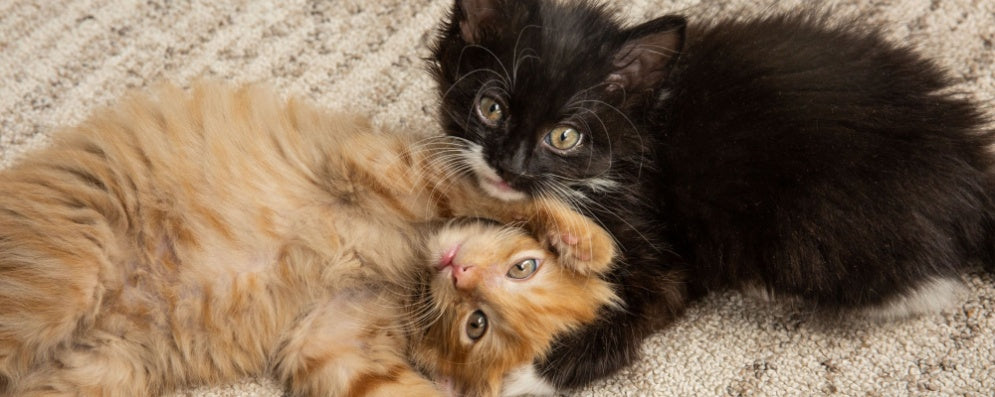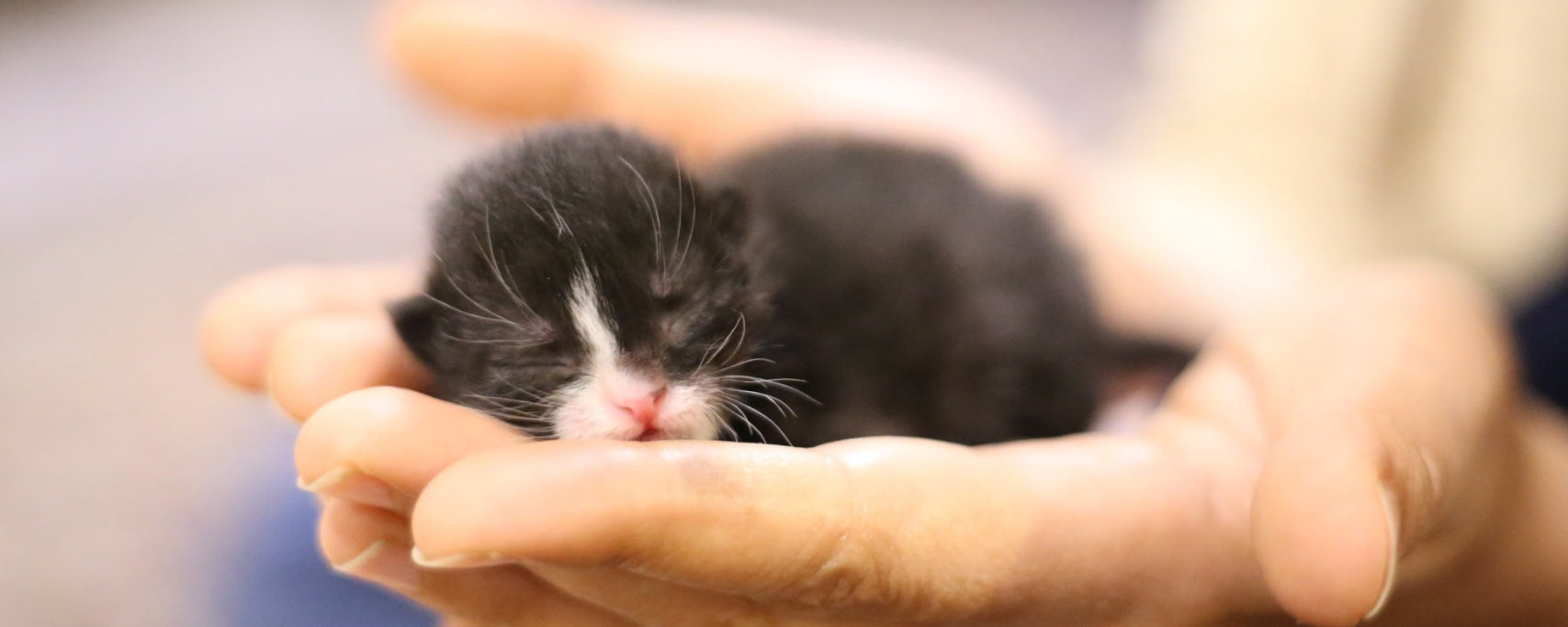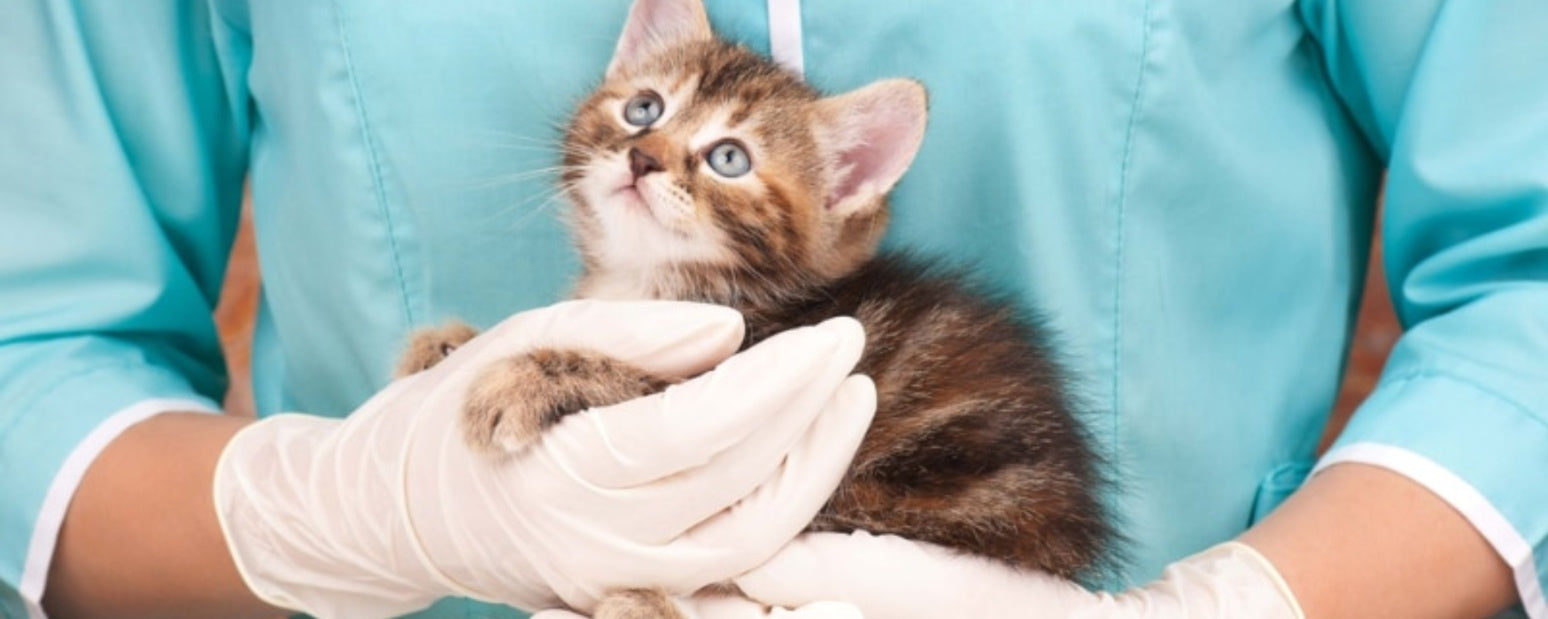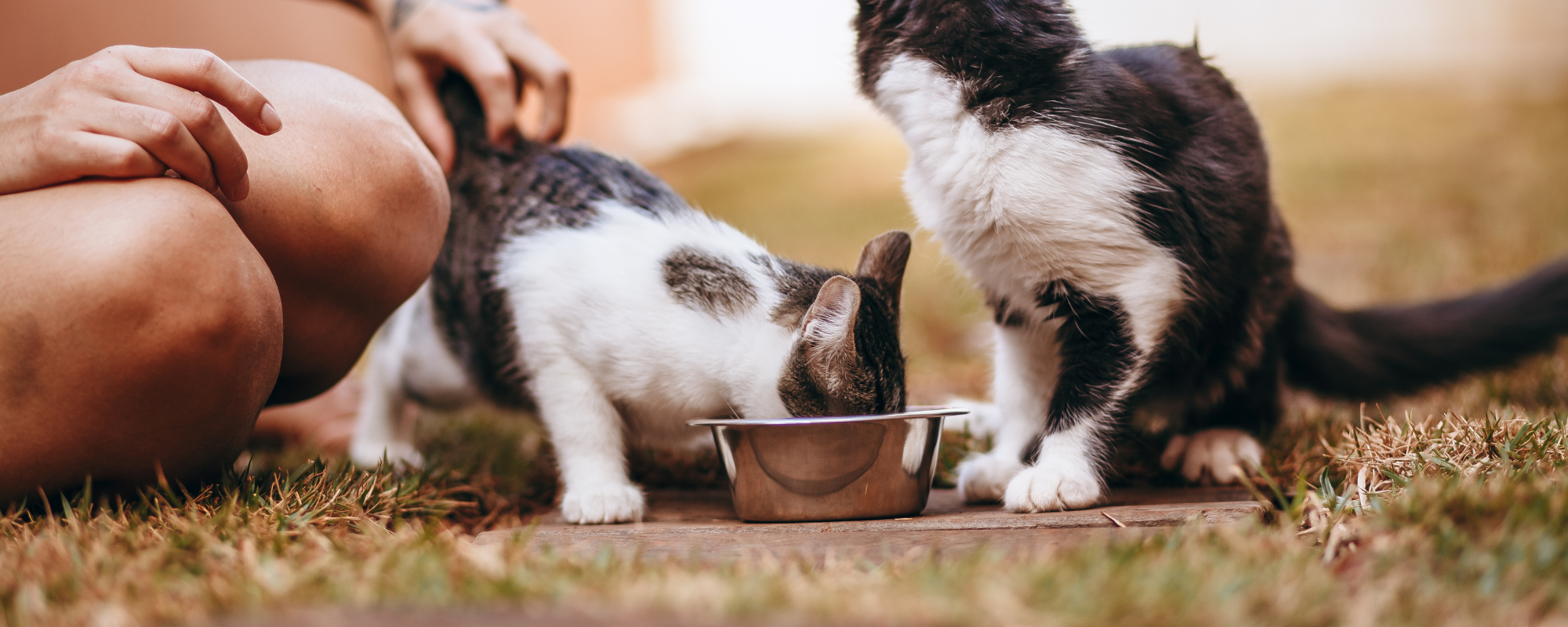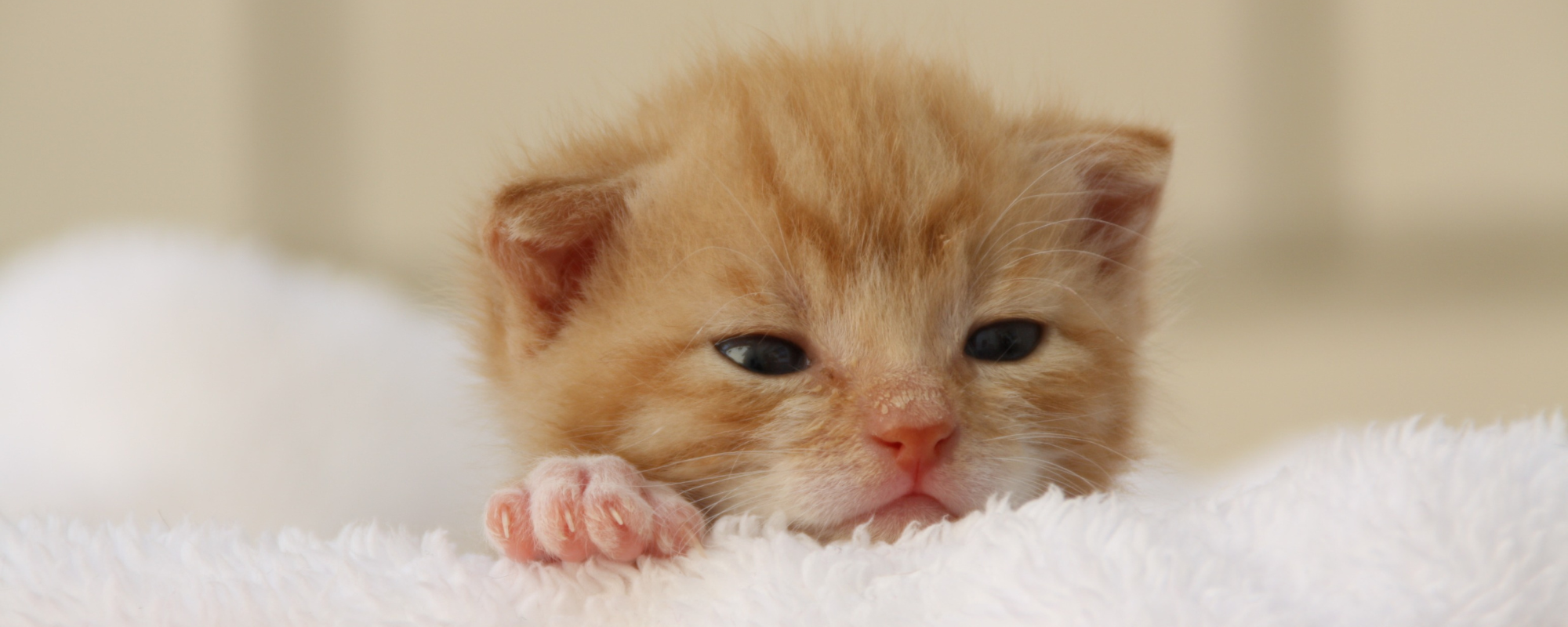Raising a kitten is a rewarding experience filled with love, learning, and growth. As a responsible pet owner, one of your key roles is ensuring your kitten’s nutritional needs are met. A common question among cat owners is whether kittens can safely eat adult cat food. While it may seem convenient to feed them the same diet as an adult cat, kittens have unique nutritional requirements that must be carefully addressed for healthy development.
Why Kittens Have Different Nutritional Needs
Kittens experience rapid growth and development during their first year of life, making their dietary needs very different from those of adult cats. Their bodies require higher levels of protein, calories, and essential nutrients to support bone development, muscle growth, and a strong immune system.
- Higher Protein Needs: Protein is the building block of muscles and tissues. Kitten food is designed with higher protein content to meet their rapid growth demands.
- Extra Calories: Kittens are bundles of energy, and their diet must provide enough calories to fuel their active lifestyle while supporting healthy growth.
- Essential Nutrients: Nutrients like calcium, phosphorus, and DHA (an omega-3 fatty acid) are critical for developing strong bones, healthy eyes, and a sharp brain.
Adult cat food is formulated for maintenance, not growth. Feeding kittens adult food can lead to deficiencies in these vital nutrients, potentially affecting their overall development.
Can Kittens Eat Adult Cat Food?
The short answer is no, kittens should not eat adult cat food as their primary diet. While it won’t harm them immediately if they nibble on an adult cat’s food occasionally, it lacks the nutritional profile they need to thrive.
Adult cat food does not provide sufficient protein, calories, or nutrients for a growing kitten. Consistently feeding adult cat food to kittens can result in malnutrition, stunted growth, or long-term health issues. To give your kitten the best start in life, stick to a diet specifically formulated for their developmental needs.
What Makes Kitten Food Different?
Kitten food is specially designed to support their growth and development. Here’s how it differs from adult cat food:
- Higher Calorie Content: Kittens burn through energy quickly, so their food contains more calories to meet their metabolic demands.
- Optimal Nutrient Levels: Key nutrients like calcium and phosphorus are present in the ideal ratios to promote bone growth and strength.
- Smaller Kibble Size: Kitten food is often smaller and easier to chew, making it more palatable for their tiny mouths.
This tailored formulation ensures that kittens receive everything they need during their crucial growth stages.
When to Transition from Kitten Food to Adult Food
Kittens typically transition to adult food around 12 months of age, as this is when most cats reach maturity. However, larger breeds like Maine Coons may continue growing for up to two years and might require kitten food for a longer period. Always consult your veterinarian to determine the right time to switch based on your kitten’s specific needs.
How to Transition Your Kitten to Adult Cat Food
Switching your kitten to adult cat food should be a gradual process to avoid upsetting their digestive system. Follow these steps for a smooth transition:
- Start Slow: Begin by mixing a small amount of adult food into their current kitten food.
- Increase Gradually: Over 7 to 10 days, gradually increase the proportion of adult food while decreasing the kitten food.
- Monitor for Reactions: Watch for signs of digestive upset, such as vomiting, diarrhea, or loss of appetite. If any issues arise, slow down the transition.
- Stick to the Routine: Feed your kitten at the same times each day to maintain consistency and reduce stress during the transition.
By transitioning slowly, you allow your kitten’s digestive system to adjust, ensuring a smooth shift to their new diet.
What to Look for in Kitten Food
Choosing the right food for your kitten is essential for their growth and development. Look for the following qualities in a high-quality kitten food:
- Complete and Balanced: Ensure the food meets the nutritional standards set by AAFCO (Association of American Feed Control Officials) for kittens.
- High Protein Content: Protein should be one of the first ingredients listed.
- Added DHA: This omega-3 fatty acid supports brain and eye development.
- Easily Digestible Ingredients: Opt for food with natural, wholesome ingredients that are gentle on your kitten’s stomach.
Consult with your veterinarian for specific recommendations tailored to your kitten’s needs and preferences.
Common Mistakes to Avoid
When feeding your kitten, it’s important to avoid these common pitfalls:
- Feeding Adult Cat Food Too Early: As mentioned earlier, adult food lacks the nutrients needed for a kitten’s growth.
- Skipping the Transition Phase: Switching foods too quickly can upset your kitten’s stomach.
- Inconsistent Feeding Schedule: Stick to a routine to help your kitten feel secure and maintain healthy eating habits.
- Overfeeding or Underfeeding: Follow portion guidelines on the packaging or as recommended by your veterinarian to avoid weight issues.
Monitoring Your Kitten’s Growth
Regular monitoring ensures your kitten is on track to becoming a healthy adult cat. Here are some ways to keep an eye on their development:
- Weight Checks: Weigh your kitten weekly during the first few months to ensure consistent growth.
- Behavior Observations: A healthy kitten is playful, curious, and energetic. Changes in behavior could indicate a problem.
- Regular Vet Visits: Schedule routine check-ups to track growth, discuss diet, and address any concerns.
Final Thoughts
Kittens are growing, active creatures that require a diet tailored to their unique needs. Feeding them adult cat food too early can deprive them of essential nutrients, impacting their growth and health. Stick to a high-quality kitten food until your pet reaches maturity, and transition them to adult food gradually under the guidance of a veterinarian.
Understanding your kitten’s nutritional requirements and providing the right care will set the stage for a long, healthy, and happy life. After all, every meal you provide contributes to their growth, energy, and well-being. Take the time to nourish your kitten properly, and enjoy every playful, adorable moment of their journey into adulthood!



